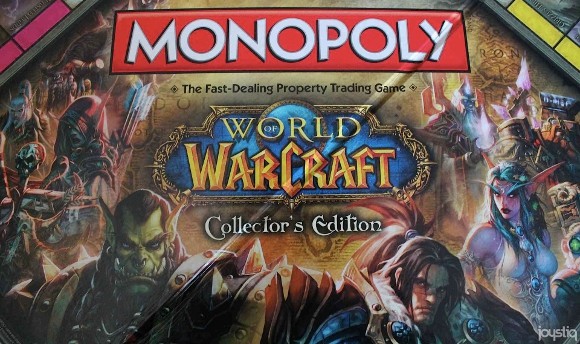[GUEST POST] Gamification is Hard

Mark Schreiber
Guest Writer
Disclaimer: Guest posts represent the diversity of opinion within the world of gamification, and the views and opinions expressed in guest articles are those of the author.

Gamification, in its present digital form, is a very new subject. The word itself isn’t even recognized by Webster, Merriam-Webster or American Heritage. Only Oxford among the major English dictionaries lists a definition. According to Gamification.org the term only dates back to 2004 and didn’t enter wide use until 2010. And Gabe Zichermann’s workshop is at present the only course on the subject offering certification, although some colleges have begun to offer gamification classes.
Editor’s note from the future (2020): Good news! Looks like Merriam-Webster has recognized the term “gamification”. But American Heritage still hasn’t – hm!
So I don’t feel embarrassed to admit I’m not an expert. I believe in fact my background as a writer gives me a broader perspective on these issues, and I hope some fresh insights into this marketing juggernaut.
But I do know something about games. Growing up I straddled the nerd/jock dichotomy. Not many twelve year olds played football and Panzer Blitz. I’ve basically lived my life as a game, which is our motto at GameMaki. My best friend built a Heathkit computer and bought an Apple II, and over the years also we played hundreds of paper war games from vanished companies like SPI and Game Designers Workshop. I also played bumper pool in game rooms and capture the flag in camp, so there weren’t many games or sports I wasn’t familiar with.
In my later teens I designed about 70 strategy board games. I stopped counting and finally gave up in frustration. The big companies wouldn’t take outside submissions, and the companies I could submit to turned them down, although I had a couple close calls. I didn’t have the money to market them myself, and finally turned all my attention to writing novels.

What I realized was that game design was hard. It was easy to make a game that was playable, but brutally difficult to make one that was re-playable. One with that special addictive quality that drew people back to the board. That’s why Parker Brothers could never match the success of Monopoly, and why game companies always compared their latest abstract strategy games to chess – a game over a thousand years old.
A mistake I see commonly made by corporations, advertisers, and marketing departments is that gamification is easy, that all you have to do is introduce scoring systems and rewards and your customer engagement will soar. Now that I’m working at GameMaki and exploring the phenomenon of gamification, I’ve come to realize the opposite is true. Companies like Bunchball, which did a clever job gamifying the hit TV show The Office, understand it takes dedicated, creative effort.
People underestimate gamification because it looks like a technical job – coding leaderboard algorithms and such. And technical jobs, once mastered, are easily repeatable and scalable. Building a bridge is easy. Building a Calatrava bridge is not. Gamification, like architecture, is a creative enterprise. And creative enterprises owe their elegance and deceptive simplicity to the vagaries of inspiration as much as to man hours. To misquote Thomas Edison, a creative endeavor is 50% perspiration and 50% inspiration.
Gamification isn’t about to go away, but there is a danger of it rising like a fad and then falling off to a much lower plateau, as unrealistic expectations are disappointed. What companies and other institutions employing gamification have to realize is that results can’t be guaranteed, and that implementations that don’t produce the desired engagement aren’t the fault of the medium itself. To borrow from another of my favorite games, no one remembers Babe Ruth striking out. It’s the home runs that count, but to hit them you need to keep swinging.
Published on 14 October, 2012
This post was contributed by Mark Schreiber, guest writer
Mark Schreiber is a full time novelist since graduating high school at the age of 15. He also engineered his sister’s bestselling writing career and started and run several businesses, including a solo medical practice. He’s currently interested in technological entrepreneurship in Singapore and Silicon Valley.
Mark Schreiber is a full time novelist since graduating high school at the age of 15. He also engineered his sister’s bestselling writing career and started and run several businesses, including a solo medical practice. He’s currently interested in technological entrepreneurship in Singapore and Silicon Valley.

Pingback: Links for October 14, 2012 | Andrzej's Links
Pingback: Gamification is Hard « HelpLearn.asia